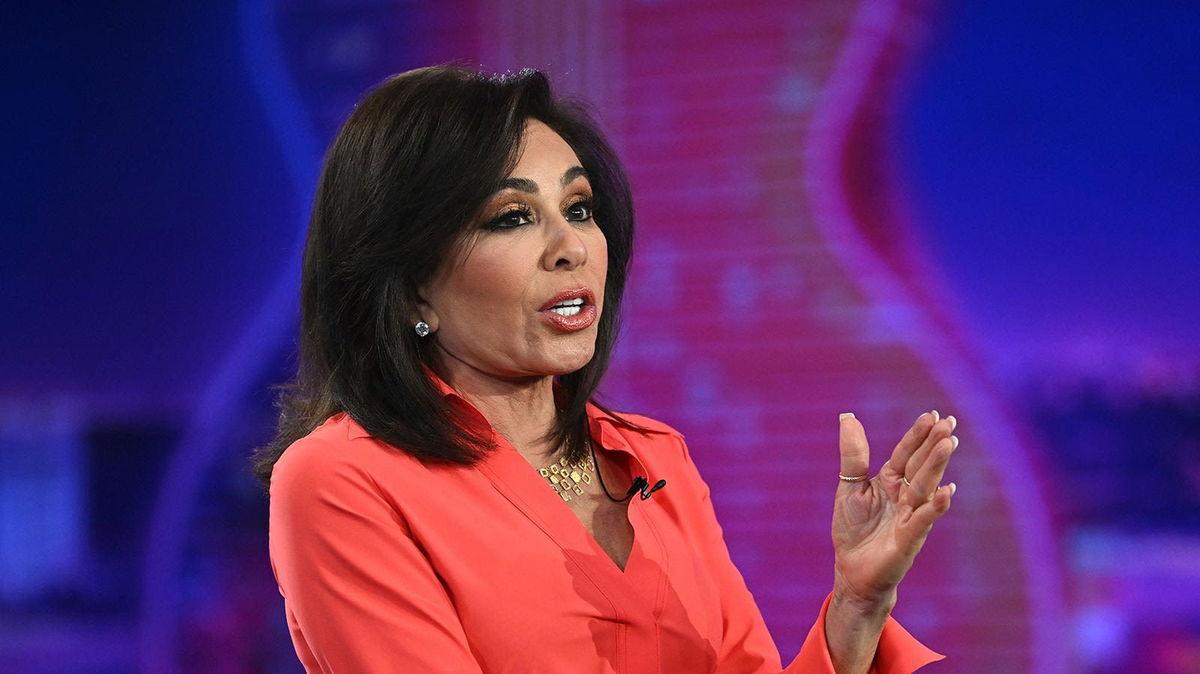The appointment of Jeanine Pirro as the U.S. Attorney for the District of Columbia has sparked a wide range of reactions across the political spectrum. For some, it represents a bold and uncompromising step toward law and order. For others, it is a deeply concerning development that raises questions about impartiality, temperament, and the future direction of justice in one of the most politically charged jurisdictions in the country.

Jeanine Pirro is no stranger to the public eye. Known for her sharp tongue, fiery television commentary, and longstanding association with conservative media—especially as a host on Fox News—Pirro has built a brand based on outspokenness and confrontation. Her background includes serving as a judge and the District Attorney of Westchester County in New York, giving her legitimate credentials in the legal field. However, her more recent career in punditry and her often inflammatory rhetoric have made her a polarizing figure.
Supporters of her appointment argue that her legal experience, especially in criminal prosecution, makes her well-equipped to handle the challenges of the D.C. jurisdiction, which includes high-profile political cases and a constant spotlight. They also believe that her tough-on-crime stance could bring renewed vigor to the prosecution of violent crime in the capital—a concern that has resonated with many residents over recent years. Pirro’s no-nonsense style is seen by her backers as a necessary corrective in a time when many believe the justice system has grown too soft or overly politicized.

Yet, critics warn that her open partisanship and combative persona are the antithesis of what is needed in such a vital and sensitive role. The U.S. Attorney for D.C. oversees not only federal cases but also local prosecutions, making it one of the most powerful prosecutorial roles in the country. Critics fear that Pirro’s history of highly opinionated commentary, particularly targeting Democrats, immigrants, and liberal causes, could undermine public trust in the impartial application of justice. Her prior statements, including sharp criticisms of political adversaries and controversial takes on ongoing investigations, could complicate her ability to oversee cases in a fair and unbiased manner.
Legal experts have expressed concern that her confirmation—should it proceed—might test traditional norms that have governed such appointments. Historically, U.S. Attorneys are expected to conduct their duties with discretion and neutrality. Pirro’s track record, especially in recent years, runs counter to this tradition. Her critics also point out that the appointment may send a chilling message to prosecutors and federal law enforcement professionals, many of whom may now fear political retribution or ideological litmus tests within their departments.
From a broader political perspective, this appointment could be seen as part of a larger strategy to reshape the justice system along more ideological lines. With increasing talk of the “weaponization” of the Department of Justice—accusations hurled from both sides of the aisle—placing a well-known partisan figure at the helm of such a critical jurisdiction adds fuel to an already raging fire. It raises the question: Is this a move to strengthen law enforcement, or to exert political influence over the mechanisms of justice?
Public opinion remains sharply divided. Among conservatives, especially those aligned with Trump-era priorities, there is enthusiasm about seeing someone with Pirro’s aggressive stance on crime and corruption take a leadership role. Among moderates and liberals, there is apprehension and in some cases outright opposition, viewing her appointment as a step away from the principles of judicial impartiality and toward overt political influence in the justice system.
Ultimately, the true impact of Jeanine Pirro as U.S. Attorney for D.C. will be determined not by her reputation, but by her actions in office. If she can temper her media persona and uphold the integrity of the office with fairness and rigor, some of her critics may be silenced. However, if her tenure becomes marked by political targeting or perceived bias, it may set a precedent with long-lasting consequences for how justice is administered in the nation’s capital.






